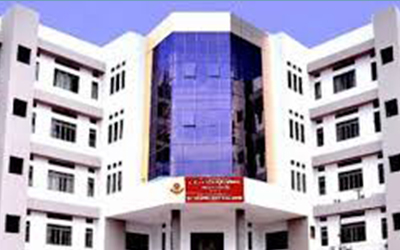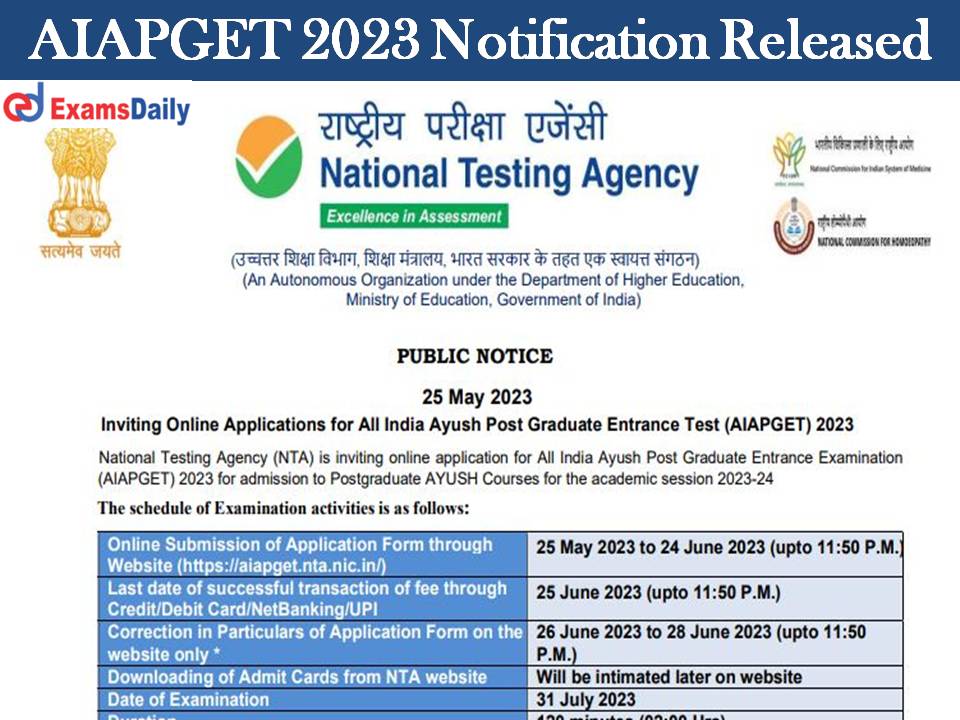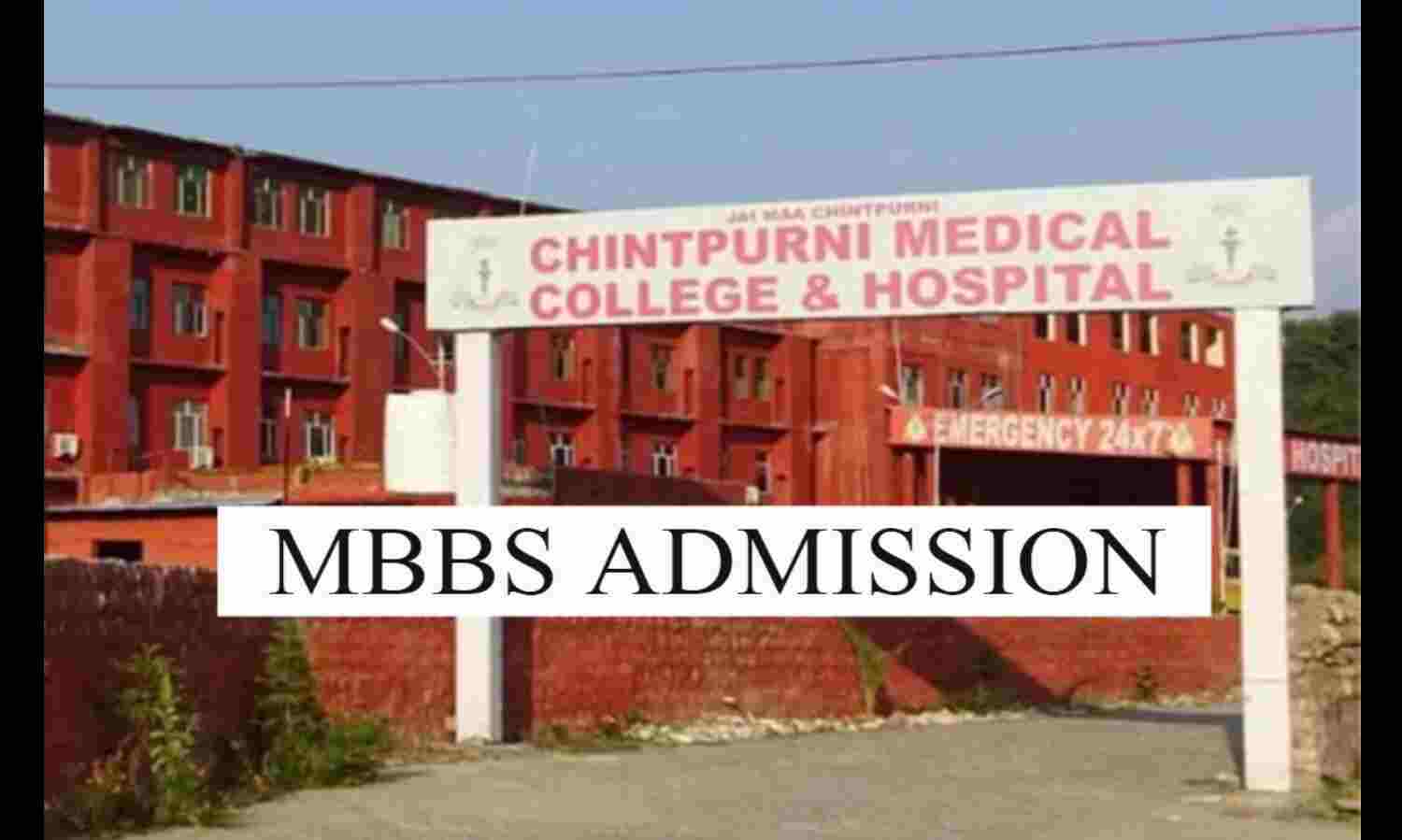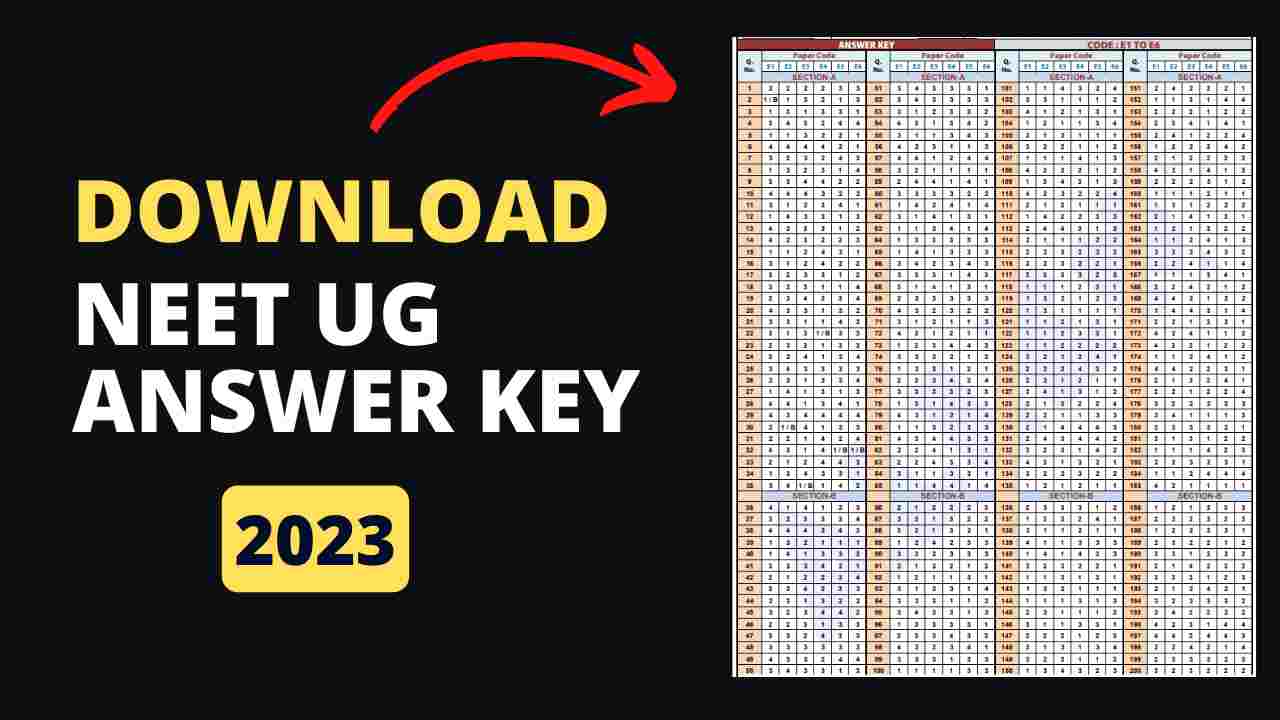Derecognition of Medical Colleges in India
A Closer Look at the Recent Developments
In the midst of reports of the de-recognition of approximately 140 medical colleges across the country, Dr. Rajeev Sood, a member of the National Medical Commission (NMC), has emphasised that the decision of de-recognition is not final and that the institutions can always appeal before the appropriate authorities. In this article, we’ll look at the recent crackdown on noncompliance with statutory medical education standards, the repercussions for medical schools, and the efforts being done to assure compliance.
The Strike Against Noncompliance
A Summary of the Situation
The main medical regulating authority, NMC, had already de-recognised roughly 40 medical colleges in the last two months due to non-compliance with regulations and shortcomings in faculty and security measures, according to Medical Dialogues. Additionally, approximately 100 other medical establishments are currently under investigation and are likely to face NMC action in the near future.
Derecognition Reasons
The NMC’s action is the result of institutions failing to achieve the established standards and regulations. Delays in faculty appointments, infrastructure, and security measures, such as the installation of CCTV cameras, have all led to these medical institutions’ de-recognition. The NMC is dedicated to maintaining the high quality and standards of medical education in India.
Appeals and the Future
Dr. Rajeev Sood’s guarantee
A member of the NMC, Dr. Rajeev Sood, has told the affected medical colleges that de-recognition is not a final decision. The colleges may appeal the decision to the National Medical Commission or the Union Health Ministry, as allowed for in Sections 28(6), 35(7), and 36(3). Colleges may continue to admit students if they follow the rules and regulations during this procedure.
Compliance and Timeline
Colleges that have received information regarding flaws must expedite the appeal procedure and guarantee compliance before the Supreme Court’s MBBS admissions deadline. Failure to comply may result in re-recognition concerns and the inability of colleges to admit students in the current academic year.
A Summary of Medical Education in India
Seat Availability Statistics
According to government data, 101,043 MBBS seats, 45,471 MD, MS, and PG Diploma seats, and 4,997 DM and MCh seats are available in India’s 660 medical colleges. When compared to before 2014, this suggests a huge rise in medical colleges and seat availability.
Increase in the Number of Medical Colleges and Seats
According to the Ministry of Health and Family Welfare, the number of medical colleges has increased by 71% from 387 in 2014 to 660 today. Furthermore, from 51,348 before 2014 to 101,043 now, there has been a 97% rise in MBBS seats, with a large number available in both government and private medical colleges. PG and SS seats have also increased by 110%, from a combined total of 31,185 prior to 2014 to 65,335 now.


















